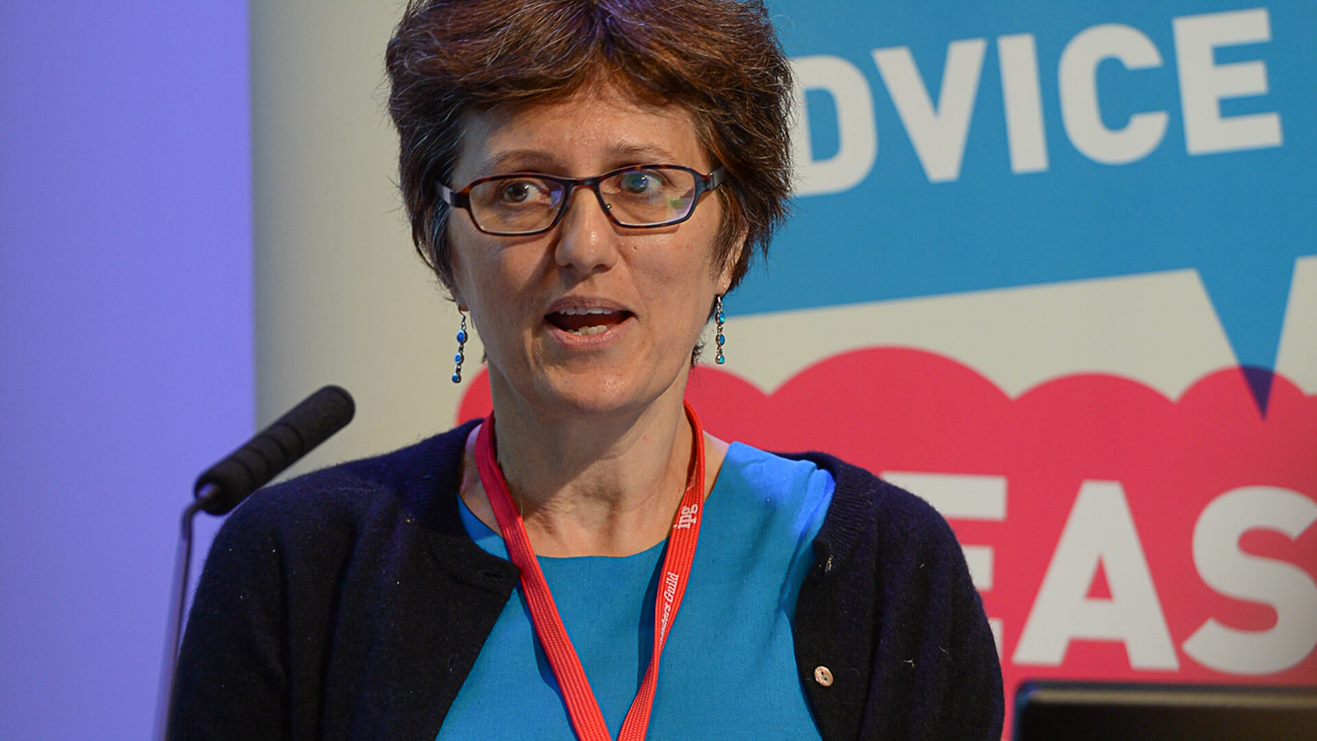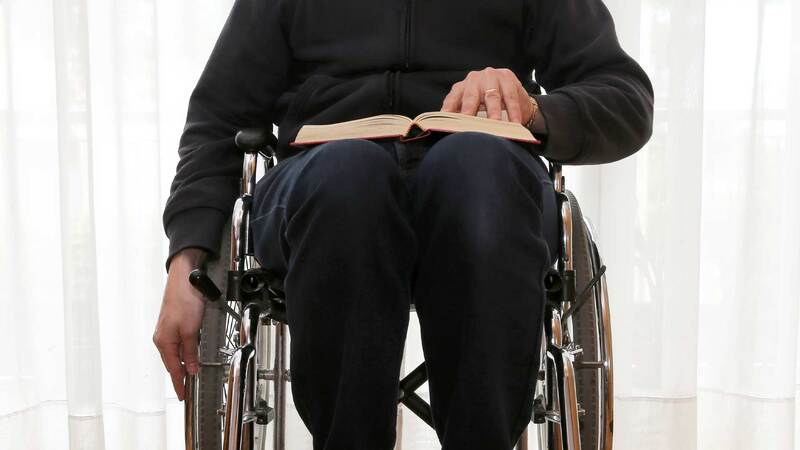You are viewing your 1 free article this month. Login to read more articles.
Authors still 'suffering badly' from pandemic, SoA survey finds
A survey issued by The Society of Authors (SoA) has found almost 98% of authors are concerned about the impact of Covid-19 on their wellbeing and livelihoods going into 2022.
"Authors in the Health Crisis" examined the impact of Covid-19 on authors’ livelihoods, recorded through an online poll which ran from December 2021 to January 2022 and received 222 responses.
Continued loss of earnings, event cancellations, and the overall effect of the pandemic on authors’ ability to work have left almost all respondents with ongoing concerns about the impact of Covid-19.
Almost half of all respondents (45%) reported ongoing concerns over the impact on their mental or physical health, with some reporting severe mental health issues as a direct result of the pandemic and lockdown.
More than half of all respondents (56%) reported their income in 2021 was lower than in 2019, while almost 60% saw their income drop by at least a quarter. Almost half (48.8%) continued to experience cancellations of events and other activities throughout 2021.
Less than 8% of all authors polled felt the government had provided adequate support, with 60% not benefitting from the furlough scheme due to ineligibility, and not being in receipt of universal credit.
"We are concerned but not surprised to see that authors are still suffering badly from the pandemic, both financially and in terms of wellbeing and mental health," SoA chief executive Nicola Solomon told The Bookseller. "Along with the Authors’ Licensing and Collecting Society, Royal Literary Fund and other partners we have gone to great lengths to address immediate needs, giving more than £1.7m in grants since March 2020. But this is not a permanent or sustainable solution to the precariousness of creative careers. We believe it is time for the industry to look at models that protect authors through difficult times, and which could make a career as an author seem less unpredictable and a more attractive and realistic option for a more diverse range of authors, including those from poorer socio-economic backgrounds."
The SoA has said it will continue to push for the government to provide targeted financial support, as part of the organisation’s six point plan. It will also be asking the government to contribute to its Authors’ Contingency Fund. The fund distributed £1.3m in 2020 and £357,900 in 2021. It continues to invite applications, including from people who have received grants in previous years.
Elsewhere in the survey, frequently reported experiences were mental health issues, feelings of isolation and the impact of the pandemic on motivation and creativity. Almost a fifth reported ongoing concerns over their ability to complete their work due to lack of time, lack of inspiration, difficulties carrying out research and poor mental or physical health.
A quarter of all respondents expressed worries about the financial impact of cancellations, publication delays, online-only marketing and lack of publicity opportunities, in addition to supply chain issues.
The SoA also has a sixth survey planned for the autumn.




















